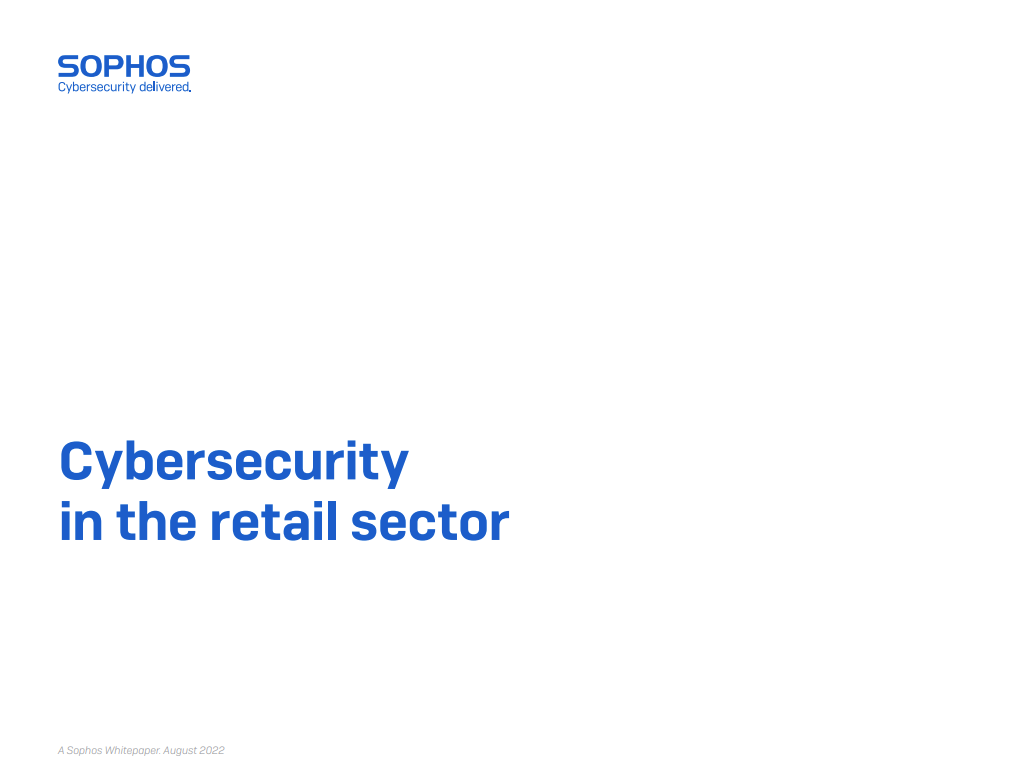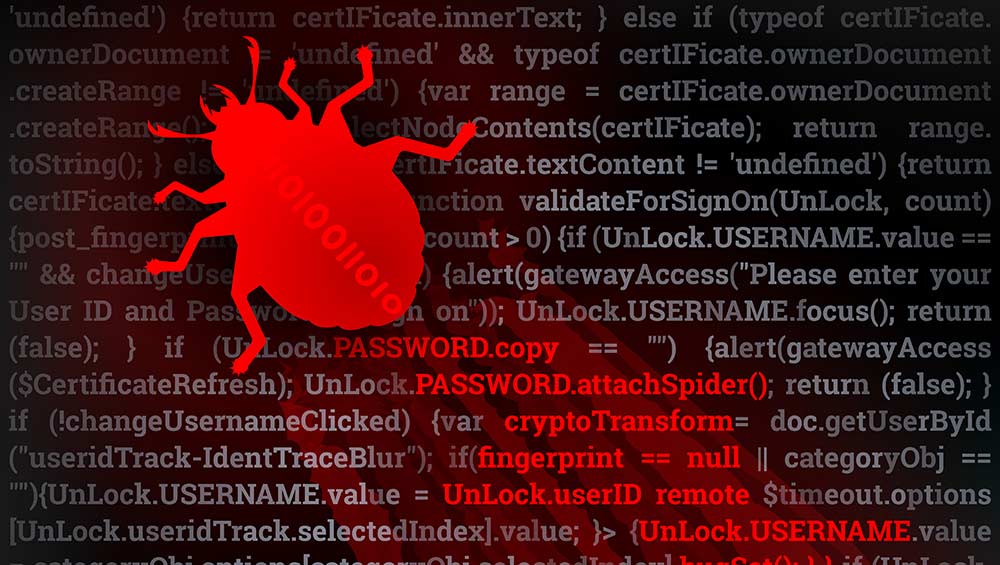Target guilty of massive $30m data breach
Retailer found responsible for huge data hack, clearing path for banks to sue

Target is to blame for a data breach that saw 70 million customer records stolen a year ago, a judge has ruled, paving the way for a flurry of lawsuits from banks seeking to recover their losses.
The retailer suffered a huge data hack over November and December 2013, in which the details of 40 million credit cards were stolen by cyber criminals who infected store payment systems with malware.
A year on, Minnesota district court judge Paul Magnuson has ruled that Target was negligent in the holiday breach.
He referred to the fact the retailer had ignored alerts from its $1.6 million early-warning system provided by FireEye, as well as referring to the company purposefully disabling security software that could have thwarted the attack.
He said: "Although the third-party hackers' activities caused harm, Target played a key role in allowing the harm to occur.
"Plaintiffs' allegation that Target purposely disabled one of the security features that would have prevented the harm is itself sufficient to plead a direct negligence case.
"Target held itself out as having secure data systems when Target knew that it did not have secure systems and had taken affirmative steps to make its systems more vulnerable to attack."
Sign up today and you will receive a free copy of our Future Focus 2025 report - the leading guidance on AI, cybersecurity and other IT challenges as per 700+ senior executives
Target was also guilty of having inadequate network sequestration, which enabled hackers to access the point-of-sale network using an external contractor's details.
The ruling clears the way for banks to sue the retailer for their losses in the $30 million incident, following heated debates between unions representing retailers and banks.
The National Retail Federation and the Retail Industry Leaders Association claims data breach costs should be shared between retailers and banks because retailers spend an alleged $6 billion a year on data security.
This was rebutted by Credit Union National Association CEO, Jim Nussle, who said: "In our most recent survey, released just yesterday, credit unions told us that - to date - they have received no reimbursements for the Target breach, now more than 10 months after the breach occurred. "In short, we'll back off highlighting the costs of data breaches on credit unions when merchants step up and take responsibility, adopt the same data standards, and stop making consumers vulnerable."
-
 Supply chain as kill chain
Supply chain as kill chainWhitepaper Security in the era Zero Trust
-
 JD Sports details cyber security revamp following January attack
JD Sports details cyber security revamp following January attackNews It hopes a multi-vendor approach will substantially improve its cyber resilience
-
 Cyber security in the retail sector
Cyber security in the retail sectorWhitepapers Retailers need to ensure their business operations and internal data aren't breached
-
 CronRat Magecart malware uses 31st February date to remain undetected
CronRat Magecart malware uses 31st February date to remain undetectedNews The malware allows for server-side payment skimming that bypasses browser security
-
 How well does your supermarket know you, Mr. Blair?
How well does your supermarket know you, Mr. Blair?Opinion Contributing solutions might be more helpful than making inaccurate comparisons
-
 How to reduce the risk of festive fraud
How to reduce the risk of festive fraudOpinion Retailers are gearing up for Christmas, but so are cybercriminals…
-
 Researchers look to retail to predict security threats
Researchers look to retail to predict security threatsNews Security researchers are creating predictive blacklisting by studying the way retail websites analyse shopping history.

